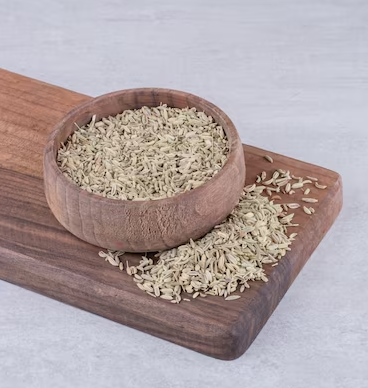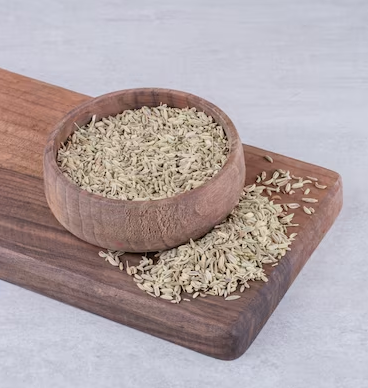Spice Hub of India
Ajwain
Ajwain
Couldn't load pickup availability
Ajwain, also known as carom seeds, is an aromatic spice commonly used in Indian and Middle Eastern cuisines. Here are some key points about ajwain:
Botanical Origin: Ajwain comes from the seeds of the Ajwain plant (Trachyspermum ammi), which belongs to the Apiaceae family. The plant is native to the eastern Mediterranean region but is also cultivated in India and other parts of Asia.
Flavor and Aroma: Ajwain seeds have a strong and distinctive flavor, often described as pungent, slightly bitter, and reminiscent of thyme. The seeds are aromatic and release a strong fragrance when crushed.
Culinary Uses: Ajwain is a common spice in Indian cooking, particularly in snacks, bread, and lentil dishes. It is often used in small quantities due to its potent flavor. Ajwain is a key ingredient in some spice blends, such as "panch phoron" in Bengali cuisine.
Digestive Properties: Ajwain is known for its digestive properties and is often used in Indian households to alleviate indigestion and flatulence. It is believed to have carminative and antispasmodic effects.
Medicinal Uses: In traditional medicine, ajwain is sometimes used for its potential therapeutic properties. It is believed to have antimicrobial, anti-inflammatory, and antioxidant effects.
Appearance: The seeds are small, oval-shaped, and brownish in color. They have a rough texture and are usually purchased as whole seeds.
Ayurvedic Perspective: In Ayurveda, the traditional system of medicine in India, ajwain is valued for its balancing effect on the Vata dosha. It is believed to have heating properties.
Usage in Breads: Ajwain is a common addition to Indian bread, such as parathas and puris, providing a distinct flavor to the dough.
Storage: Like other spices, ajwain should be stored in a cool, dry place to retain its flavor and aroma.
Ajwain adds a unique and bold flavor to dishes and is appreciated not only for its culinary uses but also for its potential health benefits in traditional medicine practices.
Share


